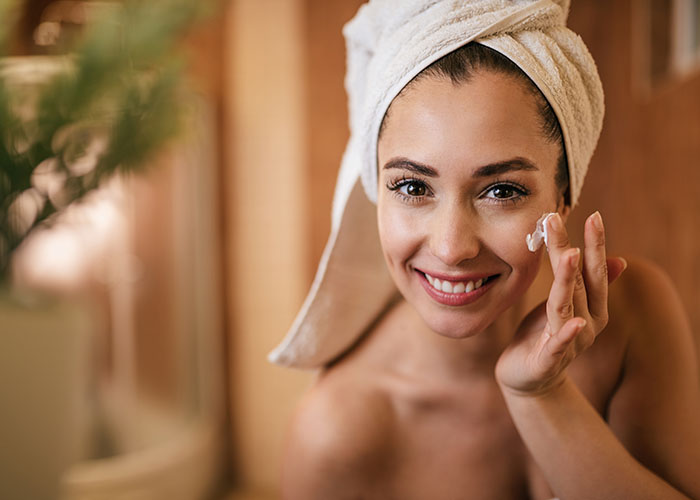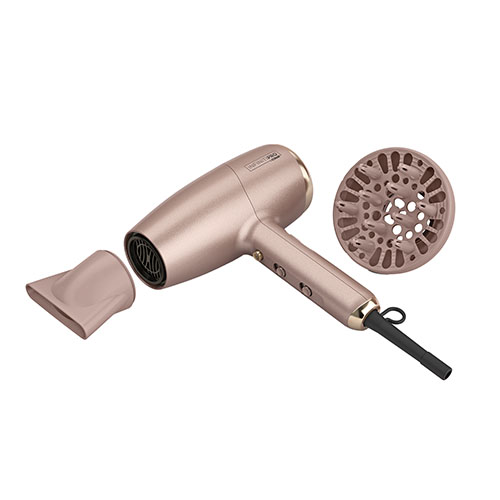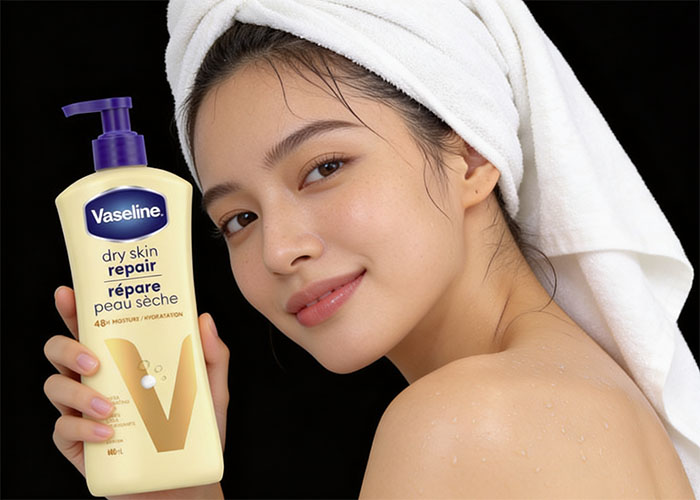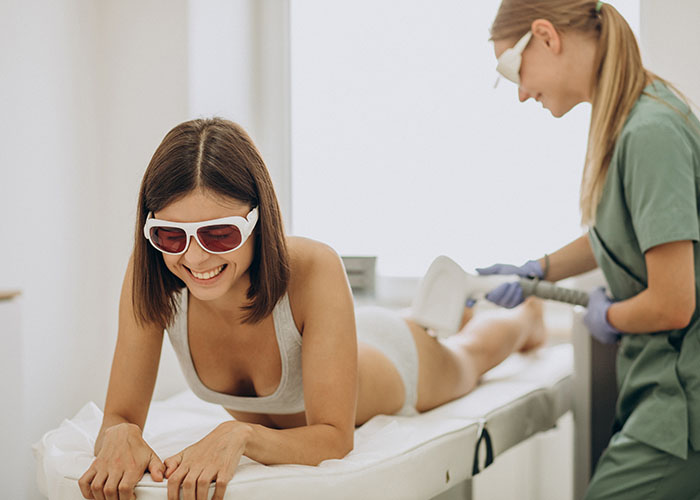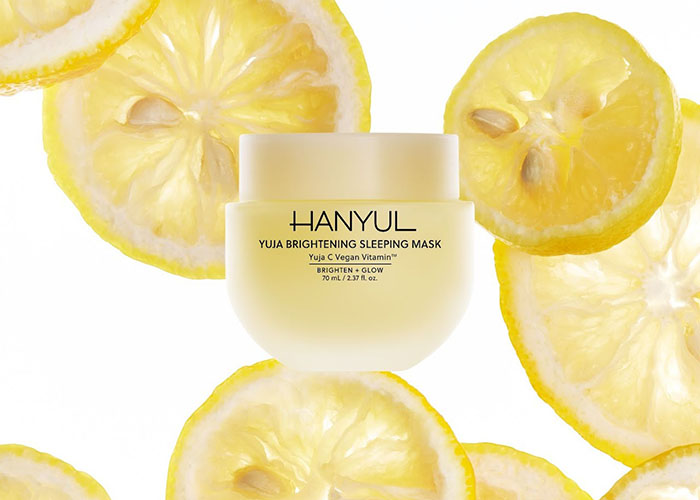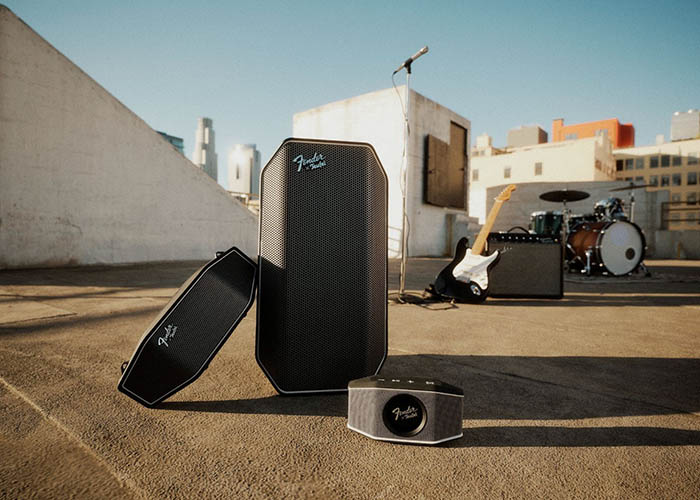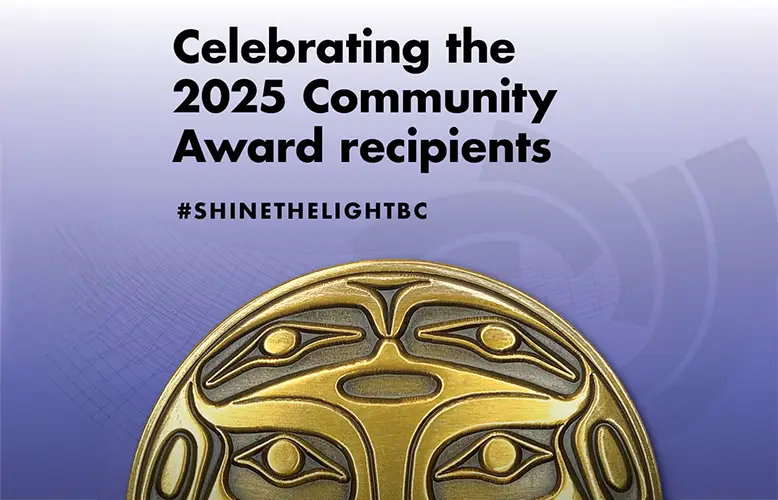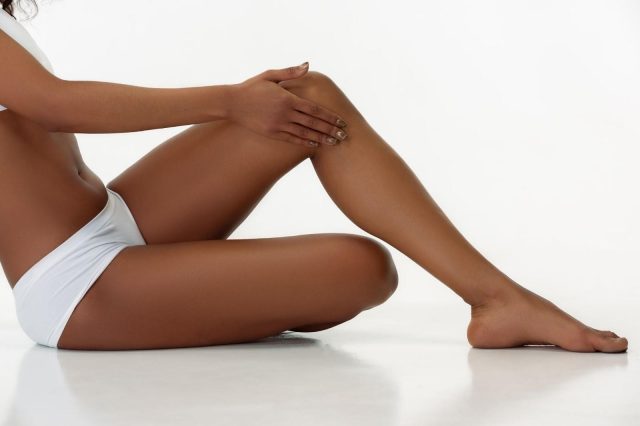According to recent statistics, Tik Tok has reached over 1 billion monthly users. (Source: https://www.cnbc.com/2021/09/27/tiktok-reaches-1-billion-monthly-users.html) With new beauty trends going viral daily, it can be tempting to experiment with DIY and inexpensive solutions than in-office cosmetic surgery visits. However, some of these hacks tend to be ineffective or downright dangerous. One of the latest viral trends is at-home nasal tanning spray.
Board-Certified Chicago, Illinois Plastic Surgeon Dr. Michael Horn cites the possible dangers of this popular beauty hack
The FDA does NOT regulate Nasal Tanning Sprays
Frequently with an unregulated category or product, ingredients are mixed with dangerous chemicals that vary significantly based on the product. Also, inhaling a solution causes it to travel through the mucous membranes, harming internal organs.
You shouldn’t be inhaling substances that haven’t been studied sufficiently, as using medications nasally can affect your sense of smell. They can also potentially have toxic effects on the cilia of the nose, keeping the nose from moving mucus through it normally. This can lead to mucus buildup throughout the nasal cavity, which thickens and forces you to blow out or postnasal drip. Melanotan is an unregulated synthetic chemical that functions as a hormone and supports melanogenesis, which is the process by which melanin, a black-brown pigment, is produced in the skin. Nasal tanning sprays have a range of different ingredients, but most commonly they will all contain tyrosine or melanotan as their main active ingredient.
Side Effects
Side effects from melanotan include nausea, flushing, and increased blood pressure.
In addition to unruly side effects, melanotan can cause moles and freckles, involuntary yawning and stretching, loss of appetite, and spontaneous erections. There have also been reports of severe skin discoloration and other complications such as heart irregularities.
Premature Aging
Prolonged exposure to UV rays from the sun or a tanning bed not only promotes skin cancer but can also accelerate aging. There’s also a misconception that a ‘base tan’ can protect you from burning the skin. However, whether you burn or tan in the sun, either one can be a sign of DNA damage, increasing the risk of skin cancer and premature aging.
The bottom line
Dr. Horn recommends using topical self-tanning creams and lotions that contain DHA (dihydroxyacetone) instead. When DHA is rubbed onto the skin, it stains the skin superficially and is considered safe. Trustworthy brands include Jergens, St. Tropez, Tan-Luxe, and Isle of Paradise. And remember that all skin is good skin, and you don’t have to be a certain level of tan to be attractive.






